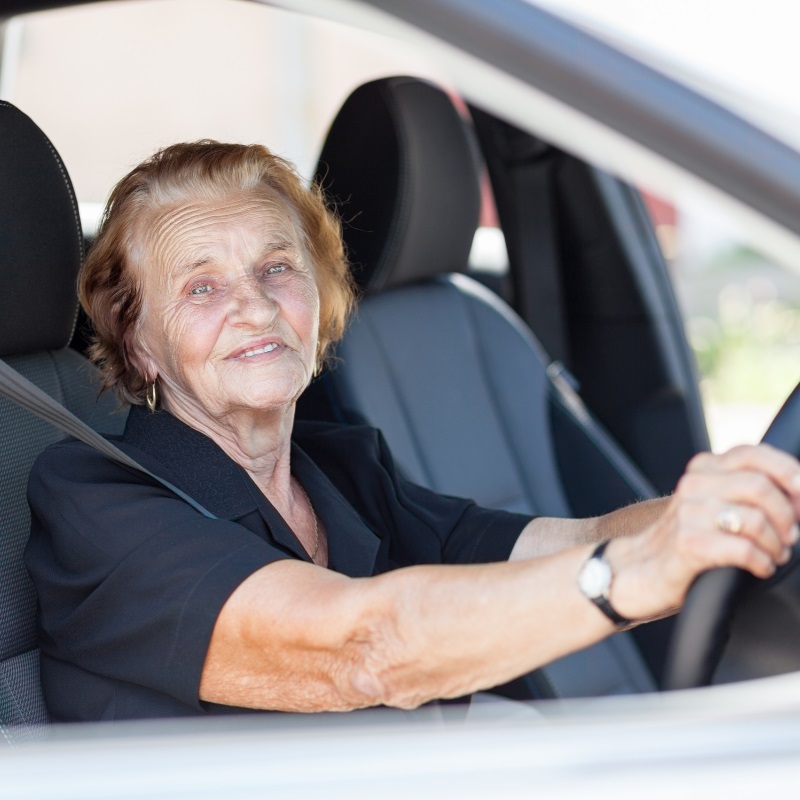When Should a Senior Stop Driving?
It can be difficult to give up driving, but age-related health changes can make driving challenging or even dangerous! So, how do you know when it’s time to hang up the car keys and seek alternative forms of transport?
What Causes Driving Difficulties in Older Age?
It’s common to experience mental and physical changes as we age, and many of these changes can affect your ability to drive. Your vision and hearing might decrease, making it difficult to see road signs/traffic lights and hear obstacles. Or you might react slower and make unusual decisions when you’re behind the wheel. Plus, certain prescription medications taken to combat age-related illnesses can cause dizziness, drowsiness, confusion, and other unwanted side effects, and could increase your risk of having a bingle.
Signs You Should Stop Driving
On the road, little mistakes can have big consequences for you and the people around you. So, if you find yourself doing any of the following while you’re driving, it might be time to consider other forms of transport:
- Getting lost consistently
- Colliding with or scraping against stationary objects (like a car, pole, or wall) while parking
- Getting confused while interpreting traffic signals or signs
- Failing to stop at red lights or stop signs
- Mistaking the accelerator for the brake
- Stopping at green lights
If you’re unsure about your own ability to drive, or you’re concerned about an older family member behind the wheel, consider undergoing a driving fitness test with the licencing body in your state, (for example, VicRoads in Victoria). This way, you’ll have an independent opinion on your or your loved one’s driving ability and receive professional advice on the next steps.
Otherwise, if it’s not yet time to completely give up driving, you can make a few minor changes that might help minimise your risk of having an accident. For instance, you could avoid driving in low light, or when the weather is especially bad. Or you could limit your car use to familiar roads within a certain distance of your home.
Getting Around Without Driving
Living life without your driver’s licence might mean making a few adjustments, but it shouldn’t affect your lifestyle. For example, rather than driving to the local supermarket or pharmacist, you could opt for home delivery. And when you’d like to get out and about, you could ask a friend or family member to drive you, take public transport, or make use of a home care service for safe and easy transport. There are plenty of fuss-free options to keep you mobile and independent, without taking extra risks.
Could you use some help getting from A to B? Here at Simply Helping, we offer a range of flexible home care services, including transport! We can take you to and from doctor’s appointments, social outings, and more. Click here to learn more about our transport services, and contact us today!





